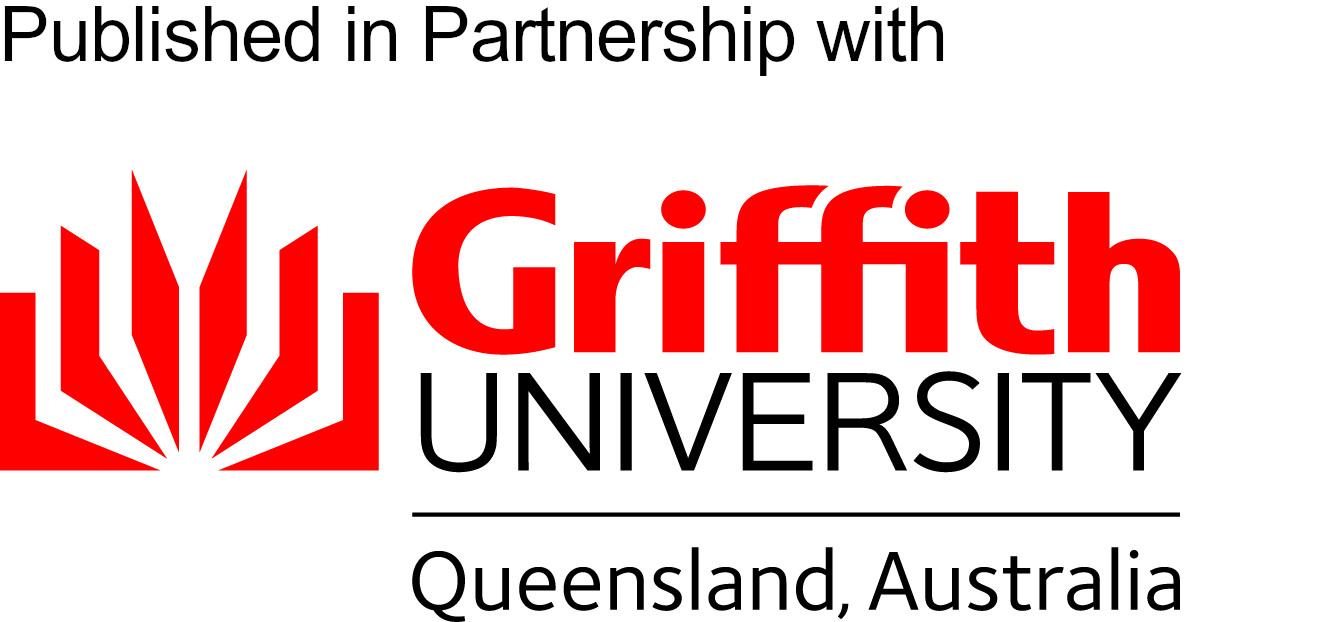Singapore
Reflections and Implications of Another Smart State
DOI:
https://doi.org/10.1017/S132181660000252XKeywords:
Singapore development strategy, political leadership, Economic Development Board (EDB), Queensland Smart State initiativesAbstract
The objective of this paper is to analyse key elements of the development strategy of Singapore since the mid–1960s. The paper describes the economic challenge faced by Singapore in the mid–1960s, overviews contemporary world trends in foreign direct investment, and uses competitiveness constructs developed by Michael Porter (1985) to clarify key stages in the evolution of Singapore's development strategy. The paper argues that the strategy has been successful because of unremitting top priority given to it by Singapore's political leadership and because the political leaders charged a single organisation, the Economic Development Board (EDB), with absolute authority to develop and implement the strategy. The paper concludes with implications for Queensland's Smart State initiatives.
References
Encarnation, D. J., and Wells, L. T., 1986, ‘Competitive Strategies in Global Industries: A View from Host Governments’, in Porter, M. E., (ed.) 1986, Competition in Global Industries, Harvard Business Press, Boston Mass.
Economic Development Board, 1989, Economic Development Board Yearbook 1989/89, Republic of Singapore.
Economic Development Board, 1990a, Economic Development Board Yearbook 1989/90, Republic of Singapore.
Economic Development Board, 1990b, World Class Partnership, Global Strategies Conference Proceedings, Republic of Singapore.
Edwards, C. T., 1992, ‘A Vision for Australia: Indicators from Singapore’, The Australian Economic Review, Institute of Applied Economic and Social Research, University of Melbourne, 2nd Quarter.
Swee, Goh Keng, 1977, The Practice of Economic Growth, Federal Publications (S) Pte. Ltd, Singapore.
Swee, Goh Keng, 1995, The Wealth of East Asian Nations, Federal Publications (S) Pte. Ltd, Singapore.
Sen, Hon Sui 1997, Strategies of Singapore's Economic Success, Federal Publications (S) Pte. Ltd, Singapore.
Low, L., et al. , 1993, Challenge and Response: Thirty Years of the Economic Development Board, Times Academic Press, Singapore.
McKendrick, D. G.,Doner, R. F. and Haggard, S. 2000, From Silicon Valley to Singapore: Location and Competitiveness in the Hard Disk Drive Industry, Stanford University Press, Stanford, California.
Ministry of Trade and Industry, 1986, The Singapore Economy: New Directions, Report of the Economic Committee, Republic of Singapore.
Ministry of Trade and Industry, 1991, The Strategic Economic Plan: Towards a Developed Nation, Report of the Economic Planning Committee, Republic of Singapore.
Ministry of Trade and Industry, 1998, Committee on Singapore's Competitiveness, Republic of Singapore.
Porter, M. E., 1985, Competitiveness Advantage: Creating and Sustaining Superior Performance, The Free Press, New York.
Schein, E. H., 1996, Strategic Pragmatism: The Culture of Singapore's Economic Development Board, The MIT Press, Mass.





